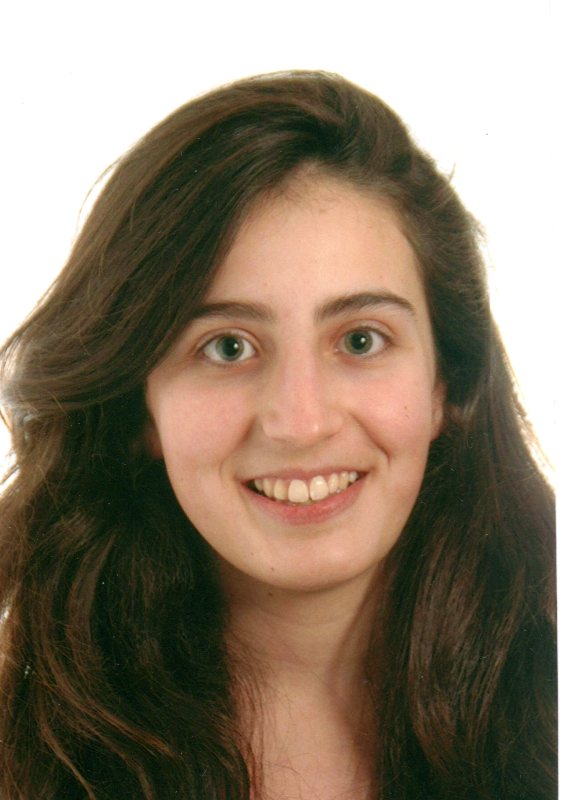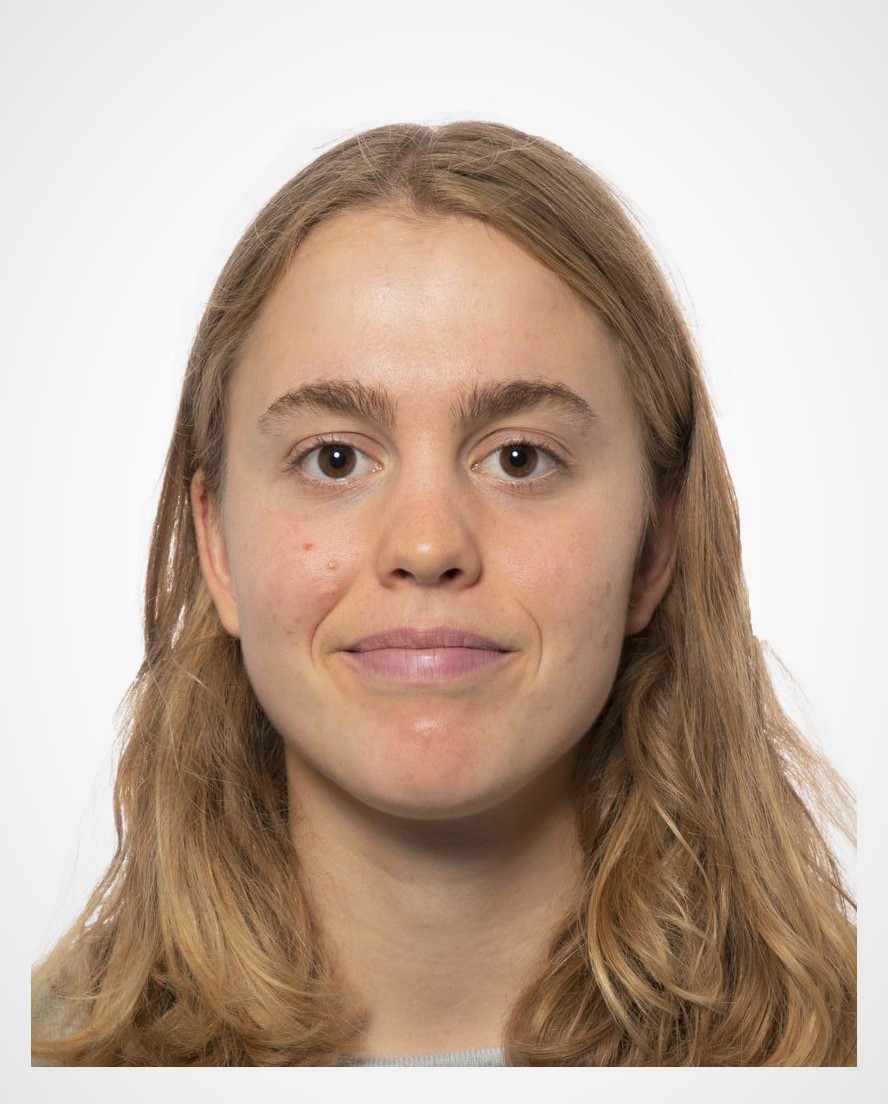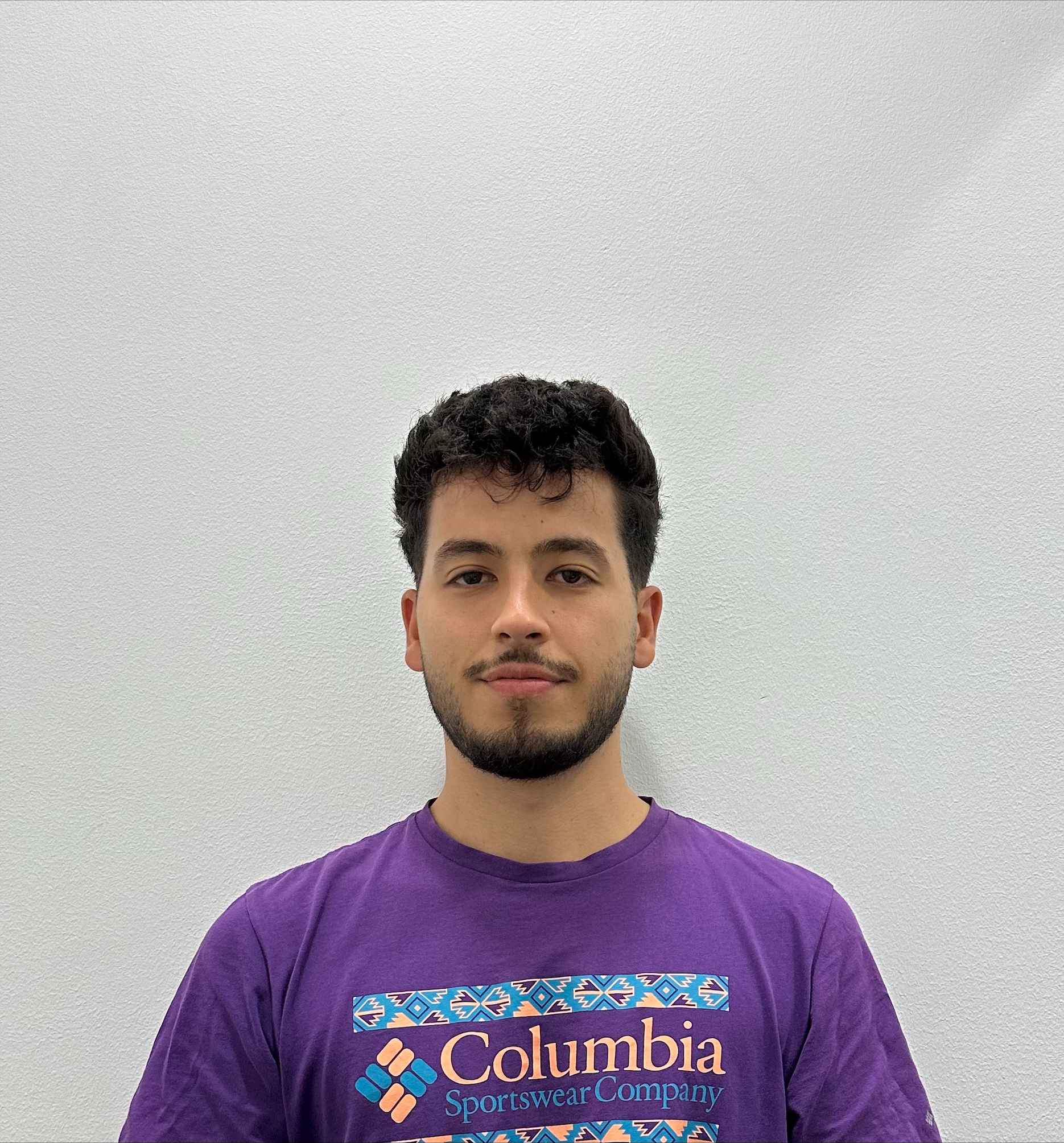
| Section for Cognitive Systems |
| DTU Compute |
 |
|















The course is designed around a data modeling framework shown in the figure. Each lecture/assignment will focus a subset of the data modeling framework.

We emphasize the holistic view of modeling in order to motivate and stress the relevance of individual components and building blocks, disseminate the obtained competence (see the course learning obejctives), and make them applicable for a broad spectrum of engineering problems in e.g. biomedical engineering, chemistry, electrical engineering, and informatics.
If you are enrolled in the course you can access material and participate in the course through the DTU Learn homepage.
The lectures will take place in Building 116 auditorium 81 on Tuesdays from 13:00-15:00.
Due to restrictions on the auditorium capacity, we will stream the lecture to Building 116 auditorium 83. Seats in Building 116 auditorium 81 and Building 116 auditorium 83 will be allocated on a first come, first served principle. You can use the rooms allocated to exercises (except H013 and H015) to stream the lecture yourself (feel free to use the projectors).
We will record the lecture and make available online..
Exercises will take place after lectures Tuesdays from 15:00-17:00.
There is room capacity for all signed up students at the exercises every week.
Please bring a laptop computer for the exercises. The exercises will be available in
Exercises on Microsoft Teams :
| Week | Date | Who | Subject | Reading | Homework | Project deadlines (17:00 CET via DTU Learn) |
|---|---|---|---|---|---|---|
| 1 | 30 January, 2024 | BJJE | Introduction | C1 | ||
| Data: Feature extraction, and visualization | ||||||
| 2 | 6 February, 2024 | BJJE | Data, feature extraction and PCA | C2, C3 | P3.1, P2.1, P3.2 | |
| 3 | 13 February, 2024 | BJJE | Measures of Similarity, summary statistics and probabilities | C4, C5 | P4.1, P4.2, P4.3 | |
| 4 | 20 February, 2024 | BJJE | Probability densities and data visualization | C6, C7 | P6.1, P6.2, P7.1 | |
| Supervised learning: Classification and regression | ||||||
| 5 | 27 February, 2024 | BJJE | Decision trees and linear regression | C8, C9 | P9.1, P8.1, P8.2 | Project 1 due 29 February |
| 6 | 5 March, 2024 | BJJE | Overfitting, cross-validation and Nearest Neighbor | C10, C12 | P10.1, P10.2, P12.1 | |
| 7 | 12 March, 2024 | BJJE | Performance evaluation, Bayes, and Naive Bayes | C11, C13 | P13.1, 13.2, P12.2 | Project 1 feedback available 14 March |
| 8 | 19 March, 2024 | BJJE | Artificial Neural Networks and Bias/Variance | C14, C15 | P15.1, P15.2, P15.3 | (Project 1 resubmission due 21 March) |
| Holiday | ||||||
| 9 | 2 April, 2024 | BJJE | AUC and ensemble methods | C16, C17 | P16.1, P16.2, P17.1 | |
| Unsupervised learning: Clustering and density estimation | ||||||
| 10 | 9 April, 2024 | GEAR | K-means and hierarchical clustering | C18 | P18.1, P18.2, P18.3 | Project 2 due 11 April |
| 11 | 16 April, 2024 | GEAR | Mixture models and density estimation | C19, C20 | P20.1, P19.1, P19.2 | |
| 12 | 23 April, 2024 | GEAR | Association mining | C21 | P21.1, P18.2, P18.3 | Project 2 feedback available 25 April |
| Summary | ||||||
| 13 | 30 April, 2024 | BJJE | Recap and discussion of the exam | C1-C21 | (Project 2 resubmission due 2 May) | |
(Cx refers to Chapter x of the course notes. Px.y refers to problem number y in chapter x of the course notes.
The first listed problem will be that weeks discussion question at the exercises.)
Yes! The reports are now mandatory and must be passed/approved for you to sit the exam. Furthermore, the reports are weighted less in the overall assessment compared to previous semesters (in part due to the allowed use of ChatGPT). We strongly suggest you formally re-enroll in the course to gain access to the new material and guidance.
We typically enable access to the material via DTU Learn one week before the semester starts.
The exam date is available from DTU's exam timetable: https://www.dtu.dk/english/education/examination-timetable - look for the timeslots found here: https://kurser.dtu.dk/course/02450. Once determined, the time and place will be available from: https://eksamensplan.dtu.dk/ . We do not get any of this information before you do, nor do we have any influence on the date, time, or place.
The lectures and exercises are not mandatory thus we do not take attandance. The (group-based) reports and exam are the only mandatory components.
Questions about course content/reports are best asked on the discussion forum so all students have access to the same information.
Please e-mail or phone the main teacher listed above. Questions about the course material should ideally be posted on Piazza.
We can (and will!) add you to the group so you can see the material, but to join the course (and be at the exam) you have to enroll. You can do this through your DTU study planner. If the study planner does not work, you have to contact the study administration by email. Our default position is to approve all new students. Always check the exam registration when they are published.
Yes. Old reports are transferred by default (see description for project 1). From Spring 2024, reports must be passed/approved before you can sit the exam . You can e-mail the main teacher, if you are in doubt whether your (old) reports were approved/passed. If any of the old reports were NOT passed/approved, you need to updated them according to the usual deadlines in the course. Please do not upload old reports anew unless you have changed the content and make sure to indicate what has been changed (on the front page).
Reports are not graded but evaluated. According to DTU rules, we cannot give you a numerical score. However, the feedback from TAs should provide a good indication of your performance. The feedback will explicitly state if your reports are passed/approved, which is a requirement to sit the exam (starting in Spring 2024)
Under normal circumstances, feedback should be available 2 weeks after you handed in project 1, and 2 weeks after you handed in project 2. It will allow you at least one week to update the reports in case you need to resubmit.
Yes. Starting in the Spring 2024 semester, you need to get the reports approved to sit the exam. You will be automatically unenrolled from the exam (approx. one week before the exam) if we have not registered your reports as approved. You will receive an email 1-2 weeks before the exam of there are issues with your reports; no email, no problem. Note you can not resubmit at this point unless the problem is administrative.
You will receive feedback via DTU Learn which will clearly state if your reports are passed/approved.
You can resubmit once per semester (specific deadlines) if the report was not approved/passed in the first attempt. The contribution towards the the final grade is based on the first submission. If you do not submit by the main deadline, you can still get your report approved (i.e., able to sit the exam), but you will not get credit towards the final grade.
No. The only exception is if you submitted your report before the Spring 2024 semester (this must be started on the front page of the report)
Probably not. We only give extensions in extraordinary circumstances. Poor teamwork, poor coordination, or poor time management does not count as a valid reason since you have several weeks to complete the reports. We expect any issues to be flagged early on.
We are reasonable if you are handing in late due to extraordinary circumstances, but otherwise, we take the deadline seriously. It would not be fair to all those students who meet the deadline if we accepted late hand-ins without consequences. Unless extraordinary reasons have been agreed with the main teacher, we will not accept late reports (you can then resubmit by the relevant resubmission deadline; see elsewhere)
Please use the discussion forum to find team members.
Probably not - and only after explicit written permission from the main teacher (via e-mail)
You must bring a computer to the exam since the exam use electronic hand-ins. You can also bring ipads, etc. The only limitation is you cannot communicate with others during the exam or access external internet sources (the Wifi is closed and you are not allowed to establish your own internet connection)
Please look at the official FAQ about exams: https://www.inside.dtu.dk/da/undervisning/regler/regler-for-eksamen/faq-om-skriftlig-eksaminer
In the spring semester there is a re-exam in August. For the fall semester the next exam is in the following spring semester (typ. May).
Make sure your DTU Learn profile is set to English (for this course)
If you encounter IT problems and it appears that something is wrong with a DTU Learn page or your account please submit a ticket to the (usually very responsive) IT support: https://itservice.ait.dtu.dk
Possibly. After the course has completed, we will make a call for teaching assistants among qualified students (sometimes also among students from previous semesters). Pay is more than 200DKR per hour and there is preparation time!
Yes. You can view previous exam sets on DTU Learn (some with full solutions) and individual questions in the book (with partial solutions).
The standards of the course have been the same for 10 years and we intentionally maintain these standards (similar to other DTU courses). The historical grade distribution can be observed from https://kurser.dtu.dk/course/02450/info.
Very carefully read and follow the rules/guidelines on DTU Inside on exam attempts (ask the Study Guidance office if in doubt).
|
|
|